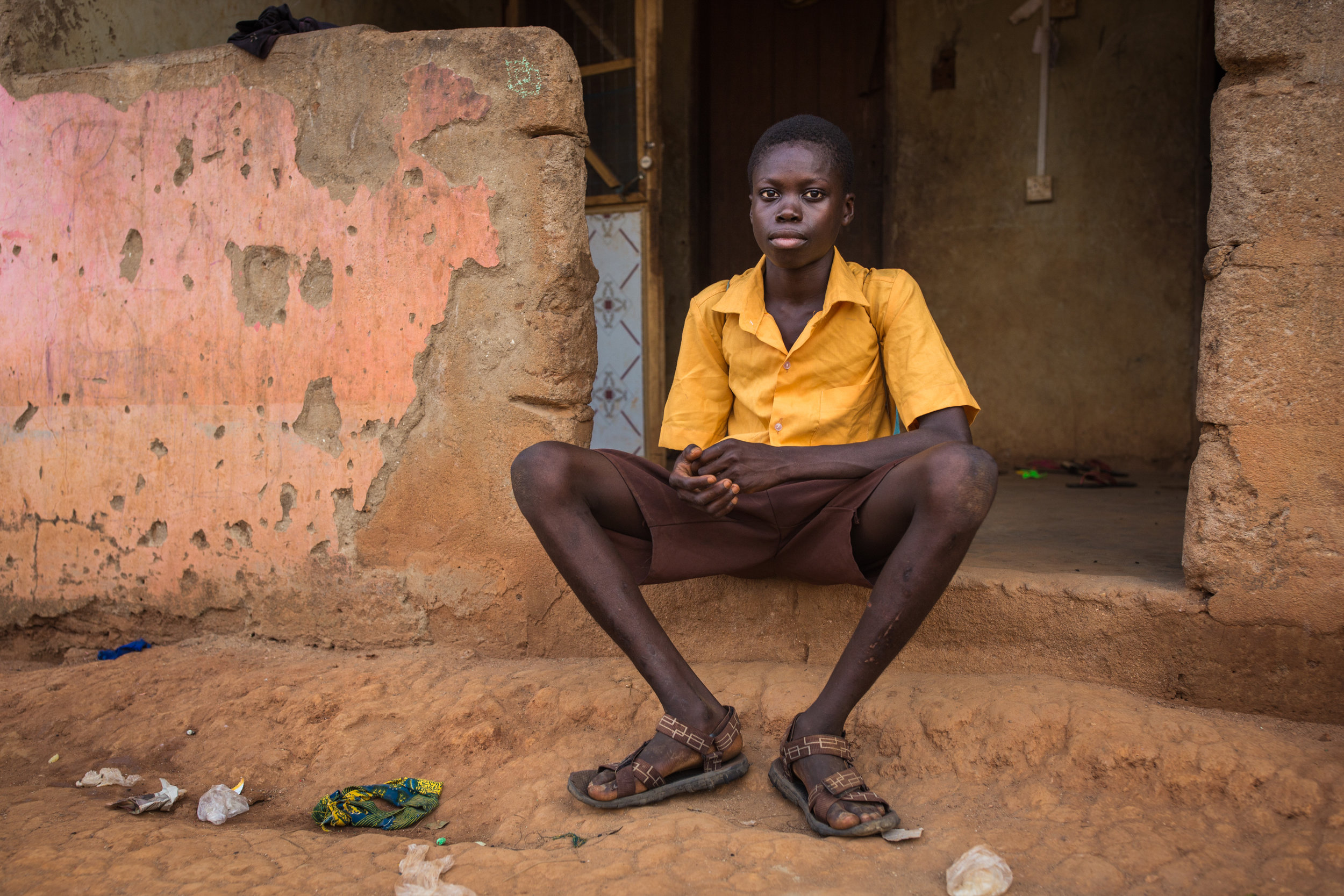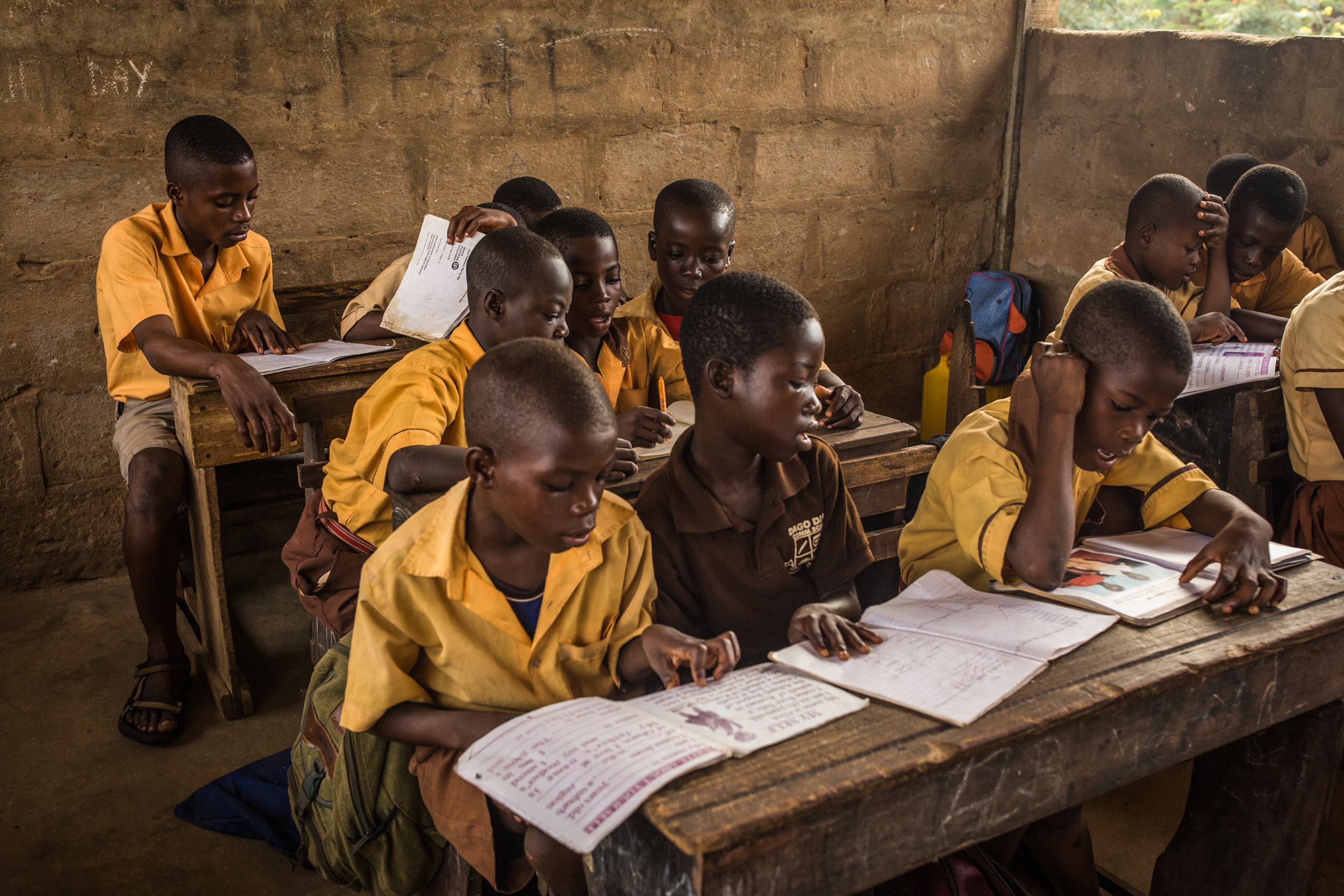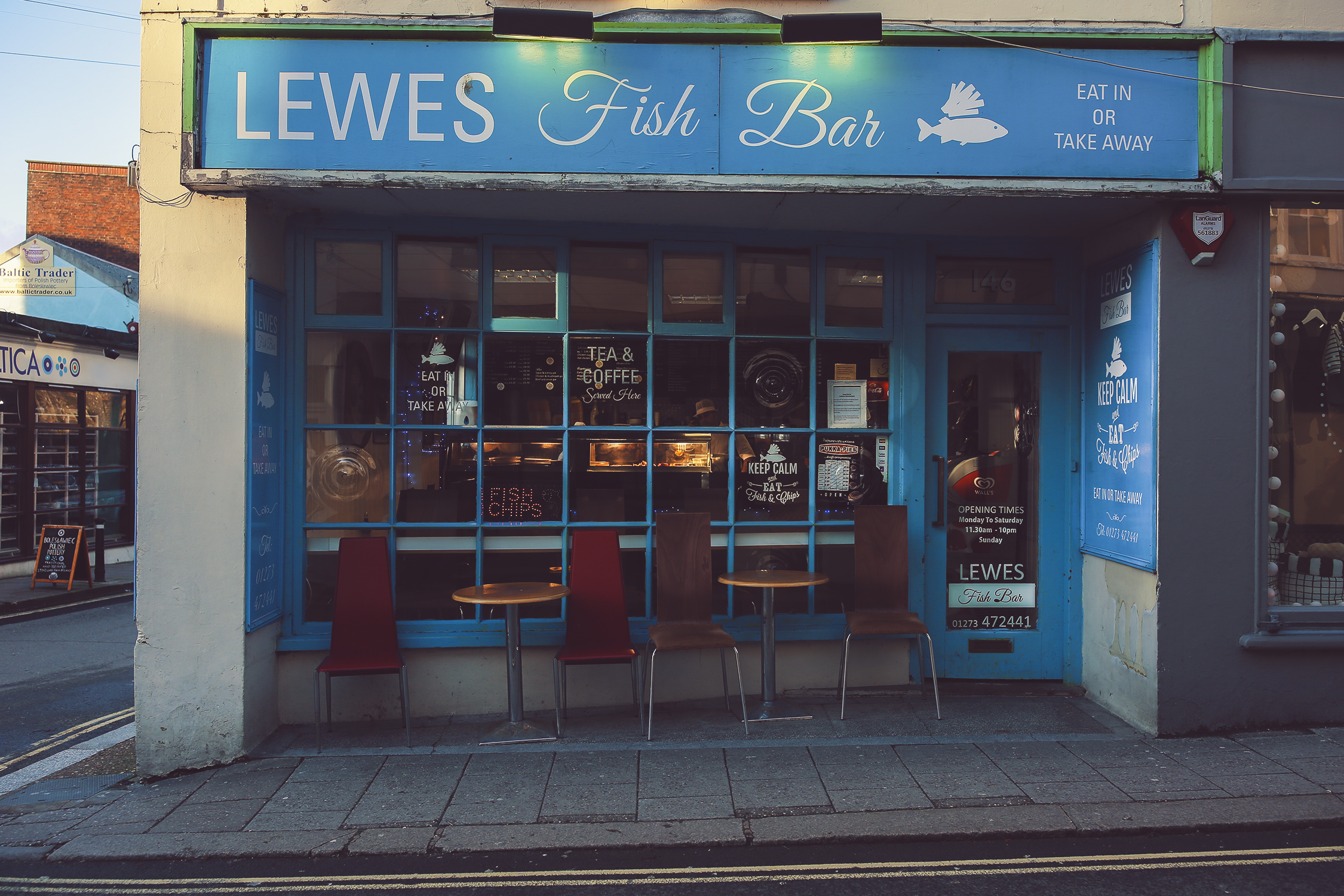I’m told to take the hand of the 16 year old girl I’m with as we push our bodies quickly through the narrow streets within Sonagachi, India’s largest red-light district. She lives here with her family and is at risk of being trafficked. The sun is beginning to go down and men are slowly starting to fill the streets more.
We’re on our way to the center of Hamari Muskan, an anti trafficking organization in Kolkata that fights to protect vulnerable women and children from different forms of gender based violence, trafficking, and abuse. The teenage girl I’m with has been taking classes from Hamari Muskan since she was a child. The organization provides education for children and adolescents to keep them off the streets of the red-light district with the hopes of preventing them from being trafficked. Children growing up in poverty are often subjected to danger, especially in a red light area.
Hamari Muskan Center Partnered With Her Future Coalition
It’s estimated that over 2 million women and children are sexually trafficked throughout the red-light districts of India. Children are especially vulnerable for being trafficked with a growing demand from customers for younger girls. According to UNICEF, It’s estimated that 2 million children are subjected to prostitution in the global commercial sex trade.
Red-light District Within Muzaffarpur, Bihar
Poverty-stricken areas such as the state of Bihar are increasingly becoming hubs for sex trafficking. Bihar sits in the north east of India, sharing a border with Nepal and is close to the border of Bangladesh. Bengali and Nepali girls are often lured from their homes by traffickers, sometimes even family members, and are taken across the border to India.
Practices to lure girls from their homes or to recruit them can include everything from abduction, false promises of employment, and going after debt-bonded families that are in desperate states and willing to sell their children. Girls are also often sold into marriages. Representatives of Simon Fraser University state “Once married (marriage makes this form of trafficking particularly difficult to challenge under the law), wives are either forced into prostitution directly by their husbands or abandoned/divorced and sold to a broker who resells them to a brothel.”
Human Rights Activist & Lawyer, Shama Sinha
Within a prison in Patna, Bihar there is a small outdoor square where 32 women are held. In this square there are infants held by their imprisoned mothers and toddlers running about. Children can grow up in this prison until they are 6 years old. If their mother hasn’t been released by then and no other family will take them, they’re sent to government sponsored child care centers. Prostitution is illegal, so even when a woman is being forced into sex work by a trafficker, she can still be arrested for it. Often the traffickers aren’t caught though.
It’s this kind of corruption that human rights activist and lawyer of the High Court of Patna, Shama Sinha, is battling against. Sinha states, “Our system has become so insensitive. If there is a sex worker who is caught and the child is put into a government care home- those are often times corrupt and exploiting the children. Let’s say a child gets 100 rupees a day for food, an NGO might spend 25 rupees on that child and take the rest for the NGO’s pockets or even to the senior officials.”
There are also cases where the government care homes are sexually exploiting the children and trafficking them. In a shelter home in Muzaffarpur, Bihar 29 of 44 girls were raped. “This kind of exploitation by NGO’s can unfortunately be common.” Sinha says.
Bachpan Bachao Andolan Educational Center
Despite the corrupt NGO’s, other ethical ones are fighting hard to protect and educate. Bachpan Bachao Andolan, based out of Delhi, is an NGO campaigning for the rights of children. Within their women’s center they educate their girls on what trafficking is and push for an end to child marriage. Classes are set up in a way to bond female friendships while providing a safe space.
Sanlaap, a Kolkata based organization, opened their first shelter home for rescued victims of sex trafficking in 1993. Sanlaap now runs two shelter homes for children who have been rescued or are vulnerable to being trafficked, and a receiving centre for girls that have been rescued from prostitution.
The images below are from girls living at one of Sanlaap’s shelter homes:
If you're interested in helping aid victims of sex trafficking and the prevention of it within India, here are recommended organizations to donate to:




















































